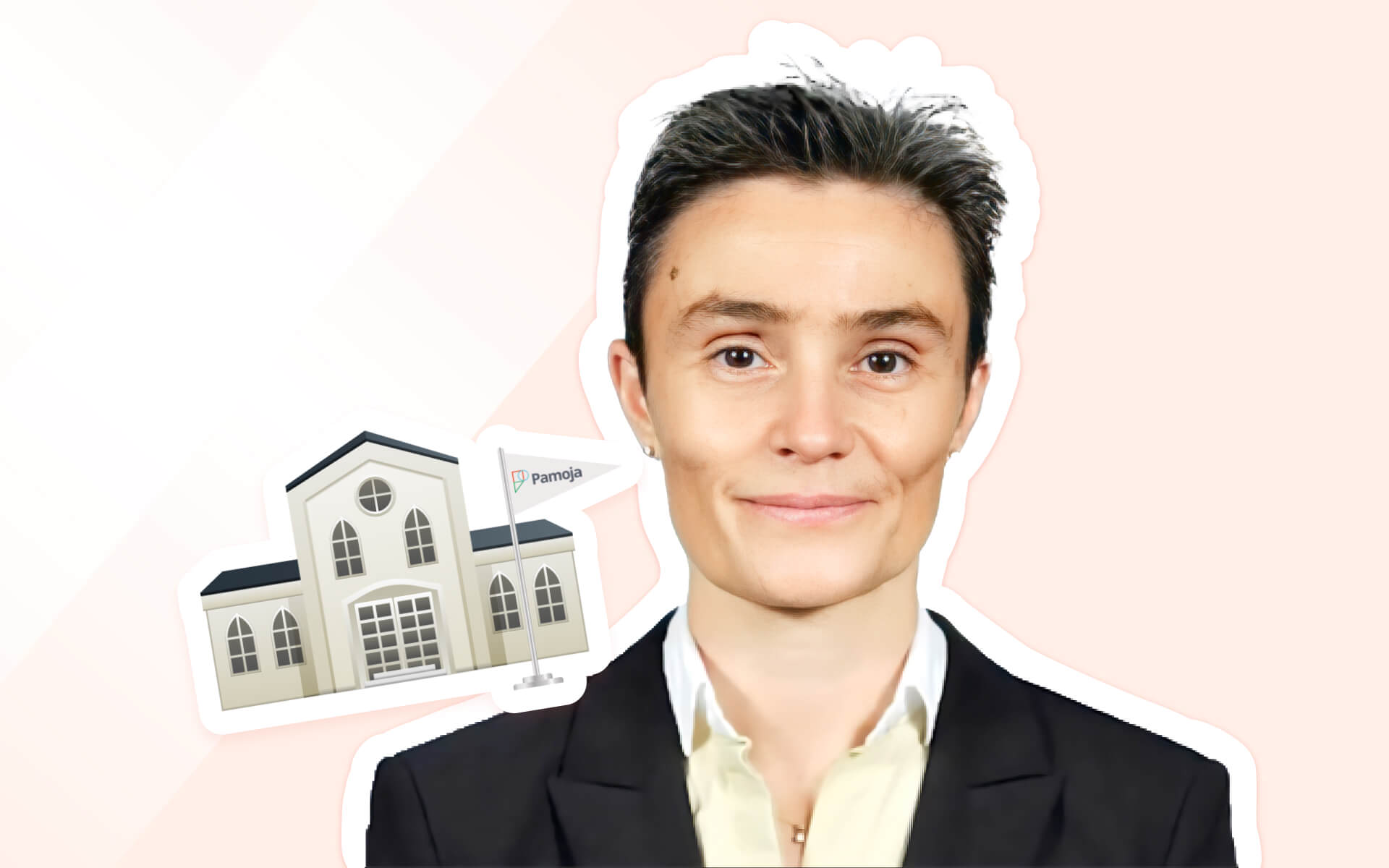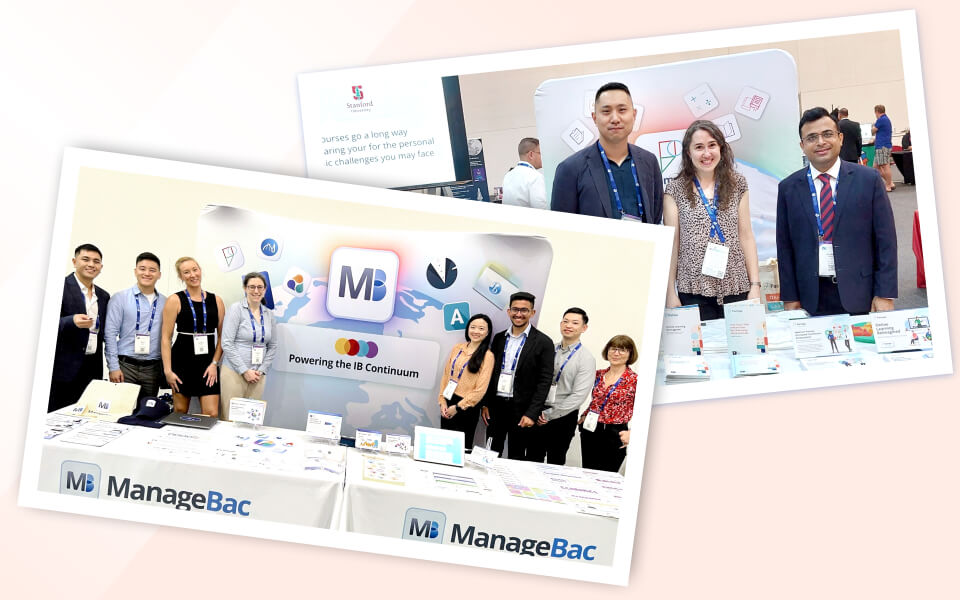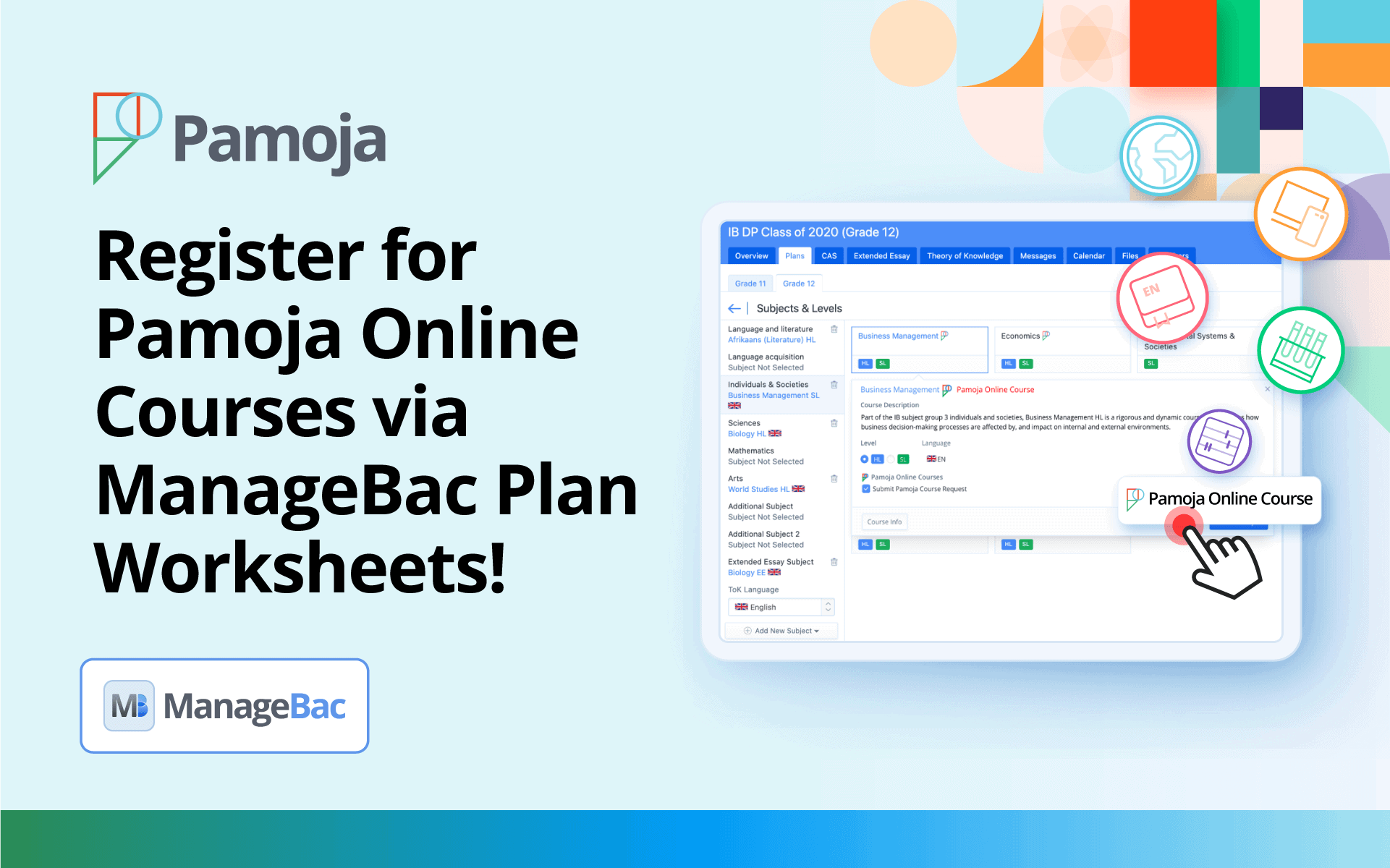My name is Dani, and I am an IB survivor.
I have worked all night on Internal Assessments, cried in at least one exam (Higher Level Maths – no calculator) and tried to wrap my head around all types of knowledge. Today, I’m going to talk about my experience writing an Extended Essay (EE) and the real lessons I learned along the way.
(I’ll cut to the chase: I got an A. Now you can relax and read without wondering whether I actually know what I’m talking about!)
The EE is special because it’s the first time you, as a student, have full control over what you’re going to work on. You choose the subject area and the research question (with a little guidance from your wise and experienced teachers), and you can study what you’re interested in. And trust me, you want to pick something you’re actually curious about because you will need to dedicate a lot of time over the months to this one single question. It’s basically a practice run for dissertations at university.
The Extended Essay was like nothing else I’d done at school before. I think I entertained three different subject areas before settling, one of which wasn’t even offered by my school (Psychology, since we didn’t have the benefit of expanding our course options with Pamoja then), and one that I didn’t even study (Business & Management). Yes, I was an ambitious little student, thinking I could write an essay in a subject area that I had only looked into during my free time. Luckily, my teachers managed to squash that idea, and I finally chose to do a Geography EE.
That was only the start of the process. I then had to pick my question, finally deciding to study the demographics of shoppers in several commercial areas in my hometown of George, South Africa. I may be making this sound easy, but in fact it took months after our first information sessions on the EE before I made this decision.
Due to the nature of my question, I had to learn about how to write a research paper, including the research design, something I’d learned to a great extent in my science subjects but needed to really apply from beginning to end for the EE. After wading through as many books on research design and data collection as I could find in my classroom and library shelves, I determined the best way to address the question would be to survey people at each site, asking them questions about their age range, ethnicity, home language, family size and how far away they’d travelled from, among other things.
I had a few problems: I was 16 and a little shy, I lived in Japan and I could only speak one of the 11 official South African languages. I couldn’t magically make myself older, but I could address the other two problems. Every summer, my family went home for the holiday. With the support of my mother, I contacted a geography teacher at the local English-speaking high school, which would still be in session while I was over there. He agreed to let some of his students adapt a project they needed to work on to align with mine.
I suddenly had myself my first team, comprised of five girls who together spoke some of the more popular languages in the area: Afrikaans, isiZulu and isiXhosa. Together, we planned and carried out the bulk of the data collection during the space of two weeks.
Ultimately, I analysed and presented the results alone, but the help of the students was vital to the success of my EE. They provided local expertise on the region, cultures and various languages, and together we were able to cover more ground in a shorter timespan. All the while, I was gaining experience in leading a team of people that I didn’t already know through school.
I had to do a few other rather “grown-up” things because of the EE. For example, I had to set up meetings with a local estate agent to learn about the different residential and commercial areas of the city and surrounding areas. I also had to dress up and meet with the manager of the local shopping centre to ask for permission to interview his customers.
Collecting the data was only half the fun. Once I returned to school, the pressure intensified. I had to analyse and interpret it, then find a way to display my findings. I am still extremely proud of the maps I made with overlays to show the range shoppers were willing to travel for each commercial area. Also, you think 4,000 words is a lot before you write an EE, until you find yourself a week before the deadline trying to cut down your essay from 8,000. Finally handing in the essay to my advisor was bittersweet; I was happy for it to be done, but I also obsessed for weeks over what I could have done differently. (Especially since I drove my poor advisor crazy leaving a lot until the last minute, my signature move).
By no means was my research design and execution flawless, especially compared to what I did and learned at university. However, it was an invaluable experience that prepared me for my undergraduate degree, so much so that while classmates were panicking about how to write their dissertation, I already had a fairly good idea of what to do because of my IB experience.
Of course, getting a good grade at the end of it all was excellent, but what matters most is what you can apply to your future work. So what did I actually get from doing the Extended Essay?
First, I learned how to independently own and manage a project from beginning to end. Second, I led a team of young people with a shared goal. Third, I gained a real appreciation for Microsoft Word’s automatic table of contents and citation tools. (This deserves a blog post all on its own, and was probably the most useful thing I learned at school for when I went to university!) Upon reflection, I now also realise that this was my first foray into consumer behaviour research, which makes me sound very business-like. These lessons and experiences, combined with the success of my essay, gave me the confidence to aim higher and paved the way for more achievements, both at university and in the workplace.
Dani is an IB graduate (class of 2009!) working in Pamoja’s Technical Team. She’s grown up around the world, so she knows a thing or two about airports and international schools. She now spends her free time reading far too many books and watching Netflix.
Sign up to our monthly newsletter to keep up to date with all the latest Pamoja news.




